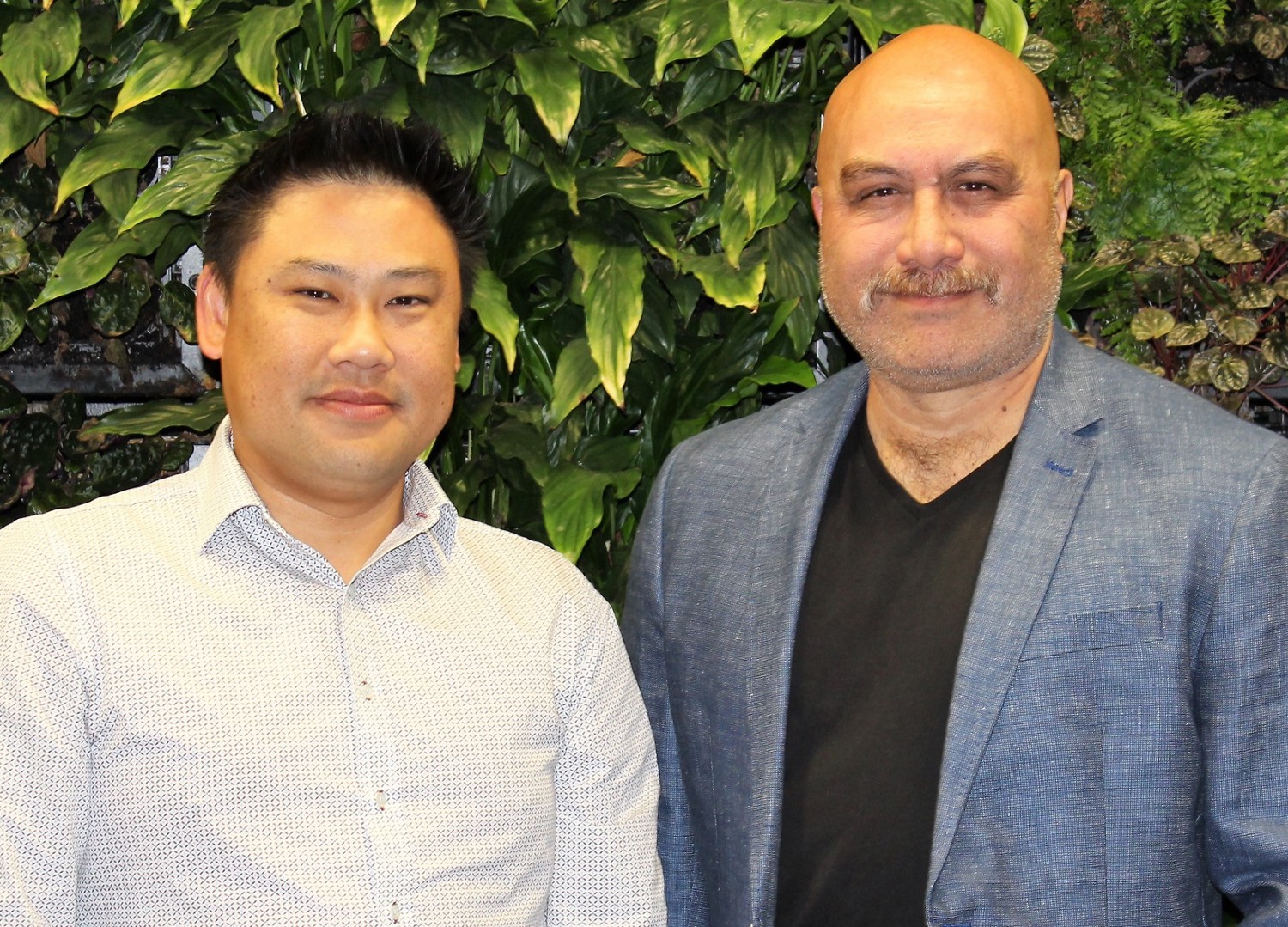What is your “backstory”?
My co-founder and I were in a pub thinking there must be a better way to manage our household bills. We investigated it further and found that there wasn’t anything like what we wanted. So we built it for ourselves, our family and friends.
Can you share the funniest or most interesting story that happened to you since you began leading your company?
We initially started working out of the same pub because they had free wifi, until my co-founder Quentin Marsh split a whole pint on himself. That’s when we decided to get a proper office.
What do you think makes your company stand out during these disruptive times? Can you share a story?
We have always placed the consumer first, including the way we manage data trusted with us. Our approach to our business is that if it’s not good enough for ourselves, family and friends, then we wouldn’t do it. That includes not sharing data with third-parties. This really should not be disruptive or different from anyone else’s value proposition, but is still an important (and overlooked) factor in the financial services sector.
What advice would you give to other CEOs or founders to help their employees to thrive?
Give employees enough support to be their best. Let them challenge your thinking by experimenting and using data to prove a position or direction. For example, recently a staff member put forward a marketing approach they thought would be better. We did some A/B testing and after a month, my approach was indeed wrong. The data supported their view, so we quickly implemented the changes.
None of us are able to achieve success without some help along the way. Is there a particular person who you are grateful towards who helped get you to where you are? Can you share a story or example?
I am so grateful to my co-founder and CTO who shares with me our ups and downs. We have the same values and goals, but perhaps different ways of achieving them. We do not agree all the time, but we collaborate to find the best solution for our business.
Can you share what you believe will be the “Top 5 Fintech and Banking Trends Over The Next 3 Years” (Can you share a short story or example for each of the points that you previously submitted .)
Do we tap, swipe or wave our cards, phone and watches for payments? Neither.
What we use and how we use it is changing. Emerging FinTechs are creating more Uber like forms of services from grabbing a coffee to paying a household bill. Once you have selected and linked a payment method, you won’t need to think about which card or other payment methods from then on.
To illustrate this, late one night, my wife crept up to me using the computer. She asked what I was doing. I was on a spreadsheet calculating whether it would be worth using my credit card to pay my tax bill. She said, “Who on earth does this?”. Well it seems not many, but when you consider whether you’d prefer more reward points or to save money, most would choose the latter
Artificial Intelligence will help you reach your financial goals. One way is to determine which payment method is best to use at any given time. Non-physical issuance of plastic cards and card not present transactions will only grow over the next 3 years.
We’ll also see digital currencies becoming mainstream as early adopters including users, smart cities and merchants shift to include more mainstream retailers and online billing organizations. This will also encourage the adoption of P2P payments via crypto in mainstream.
Can you please give us your favorite “Life Lesson Quote”?
With data and analytics, must come ethics. We need to come back to financial services that serve people and their families.
Originally published at medium.com


